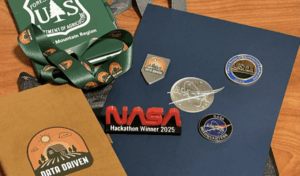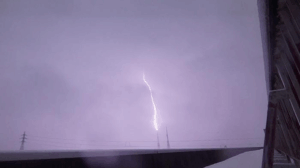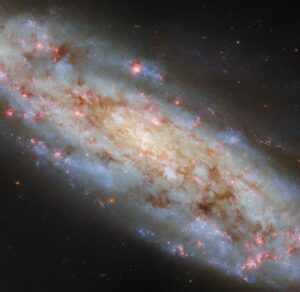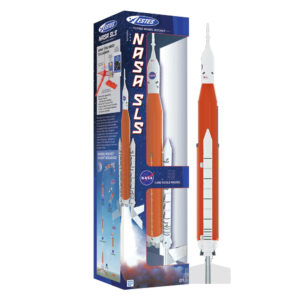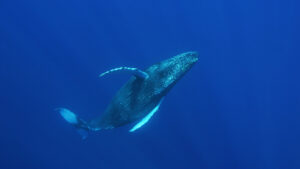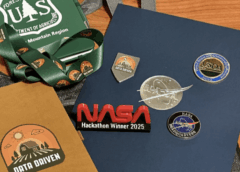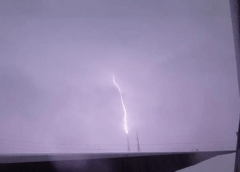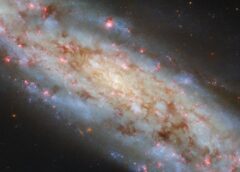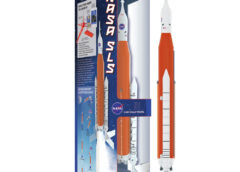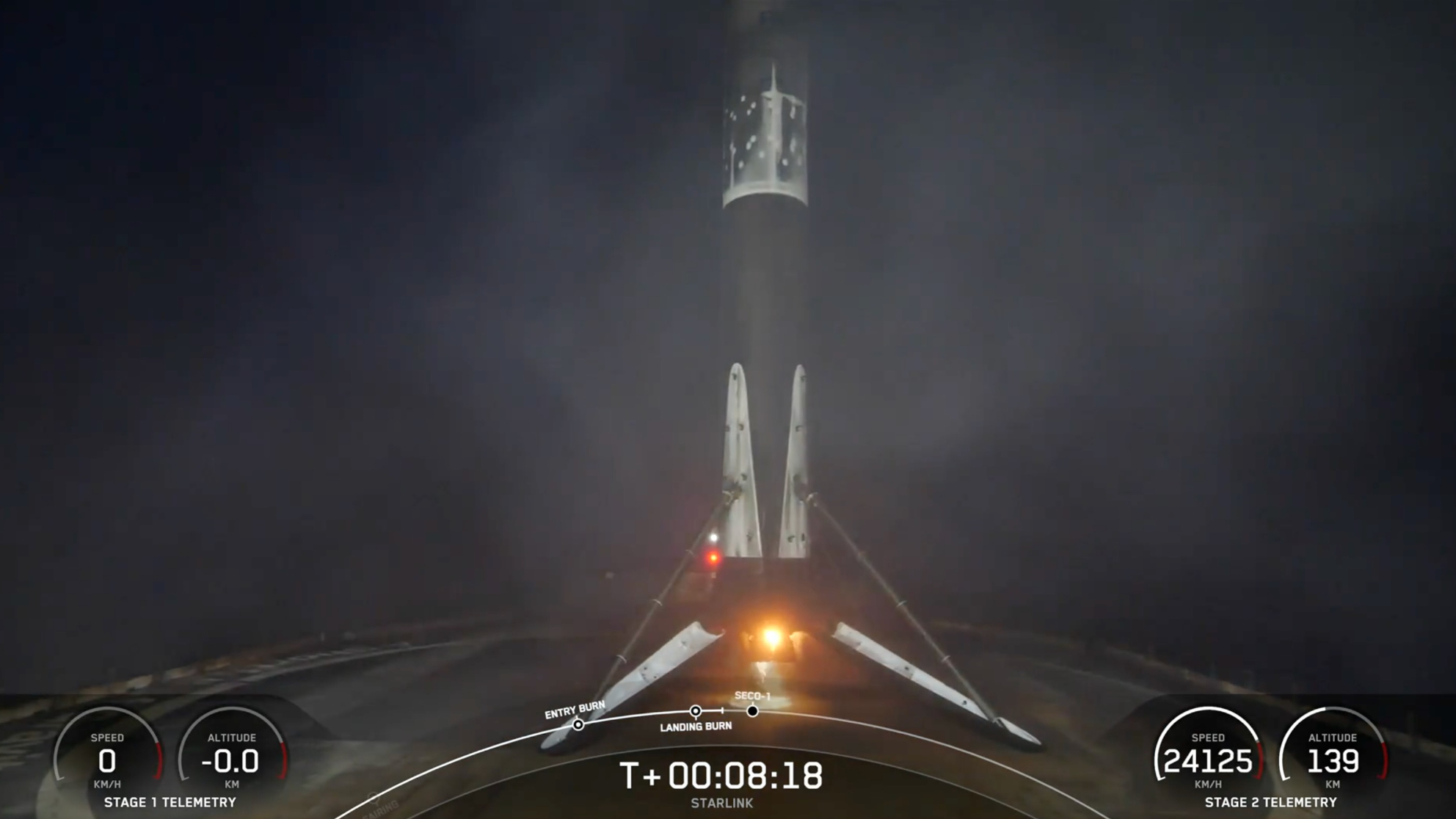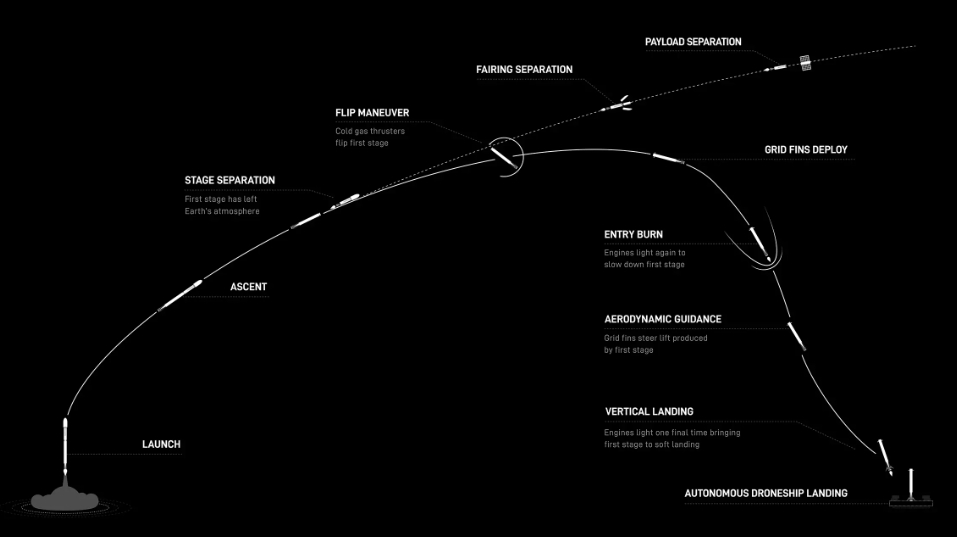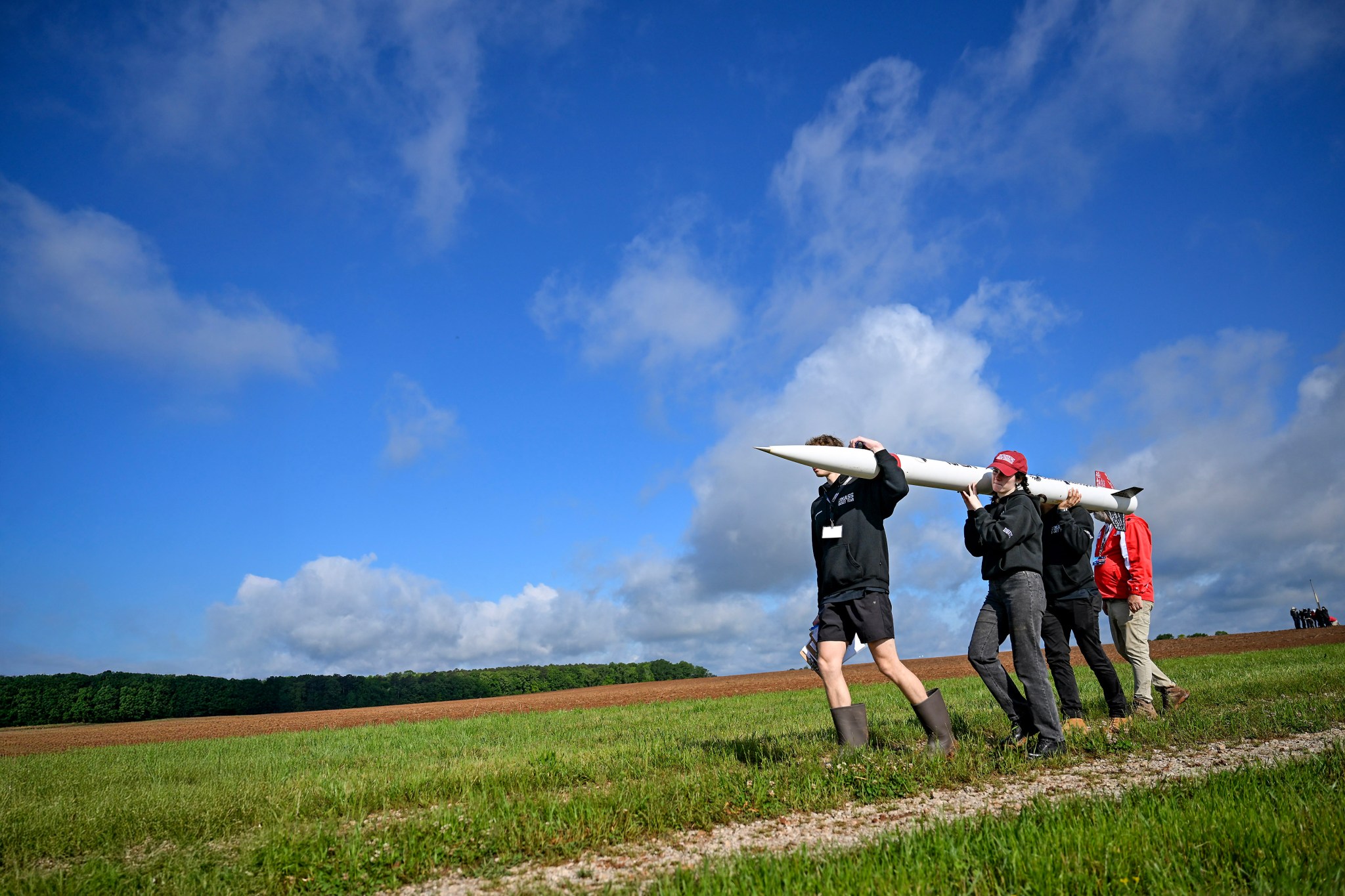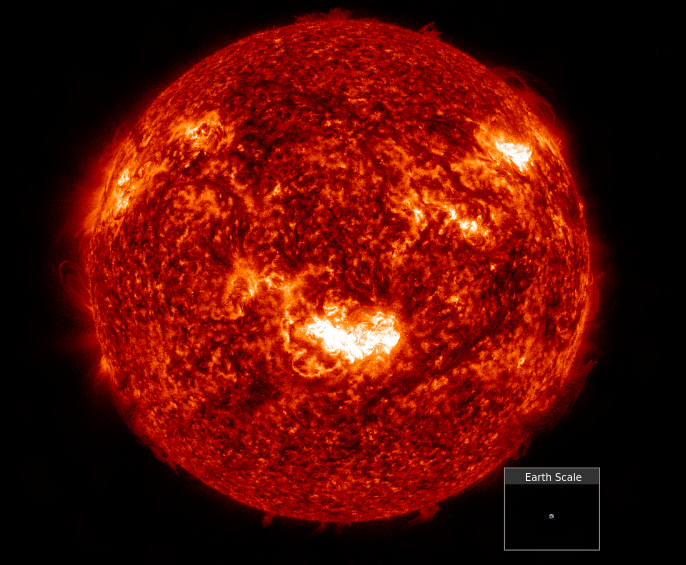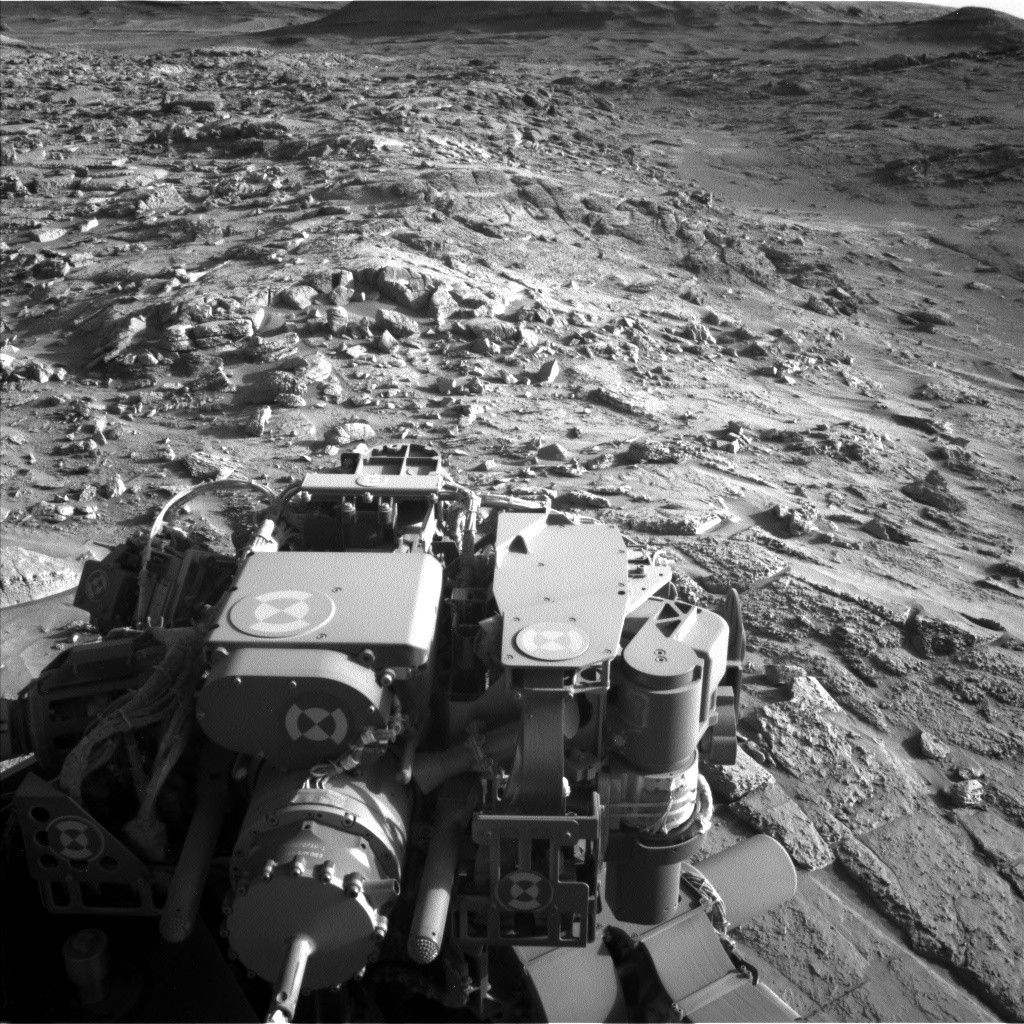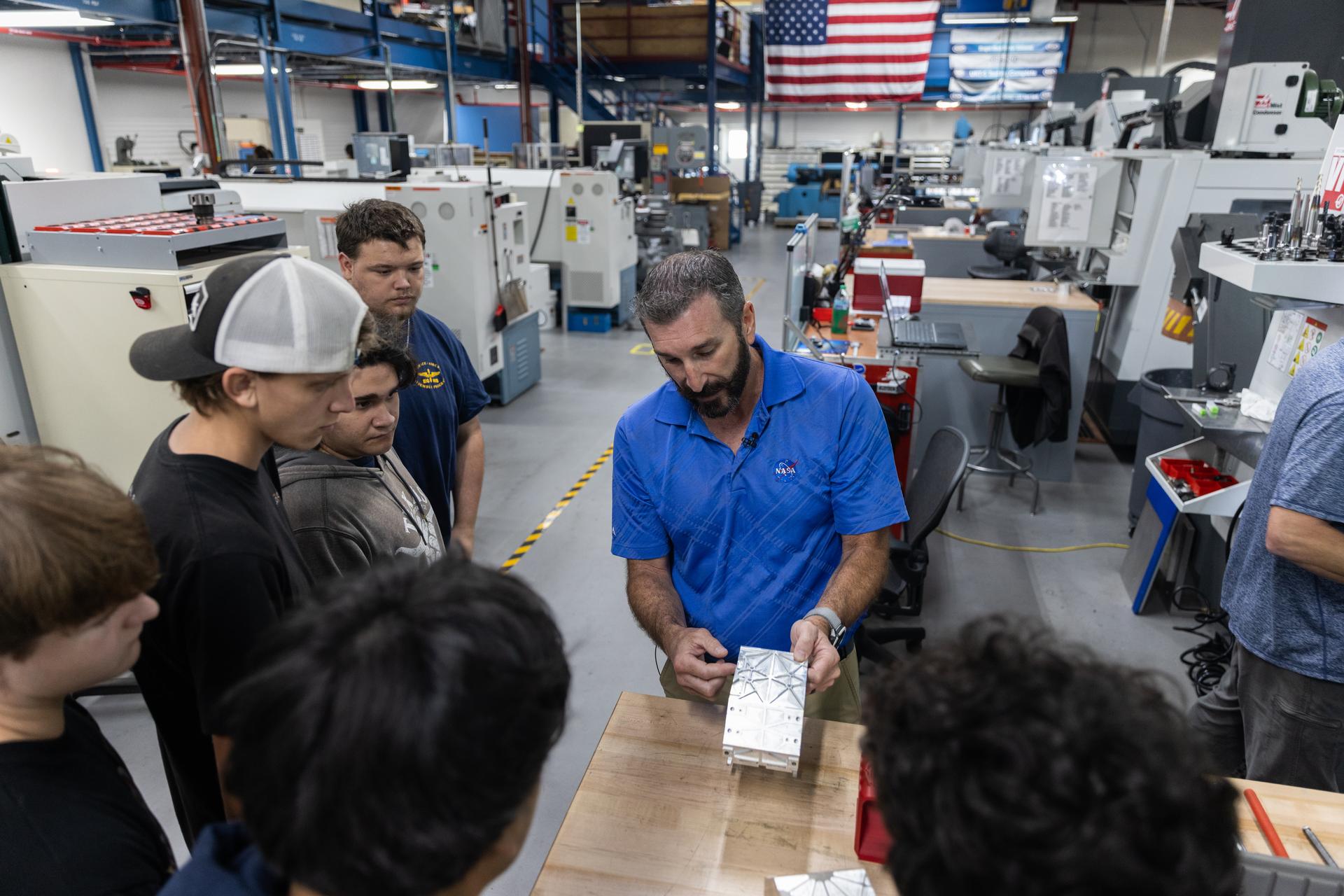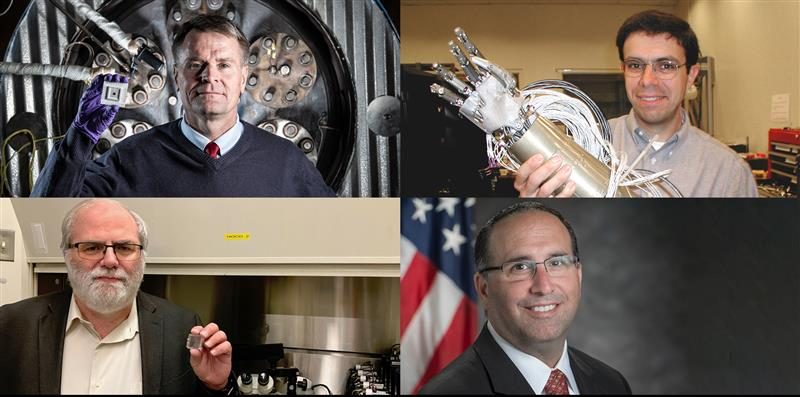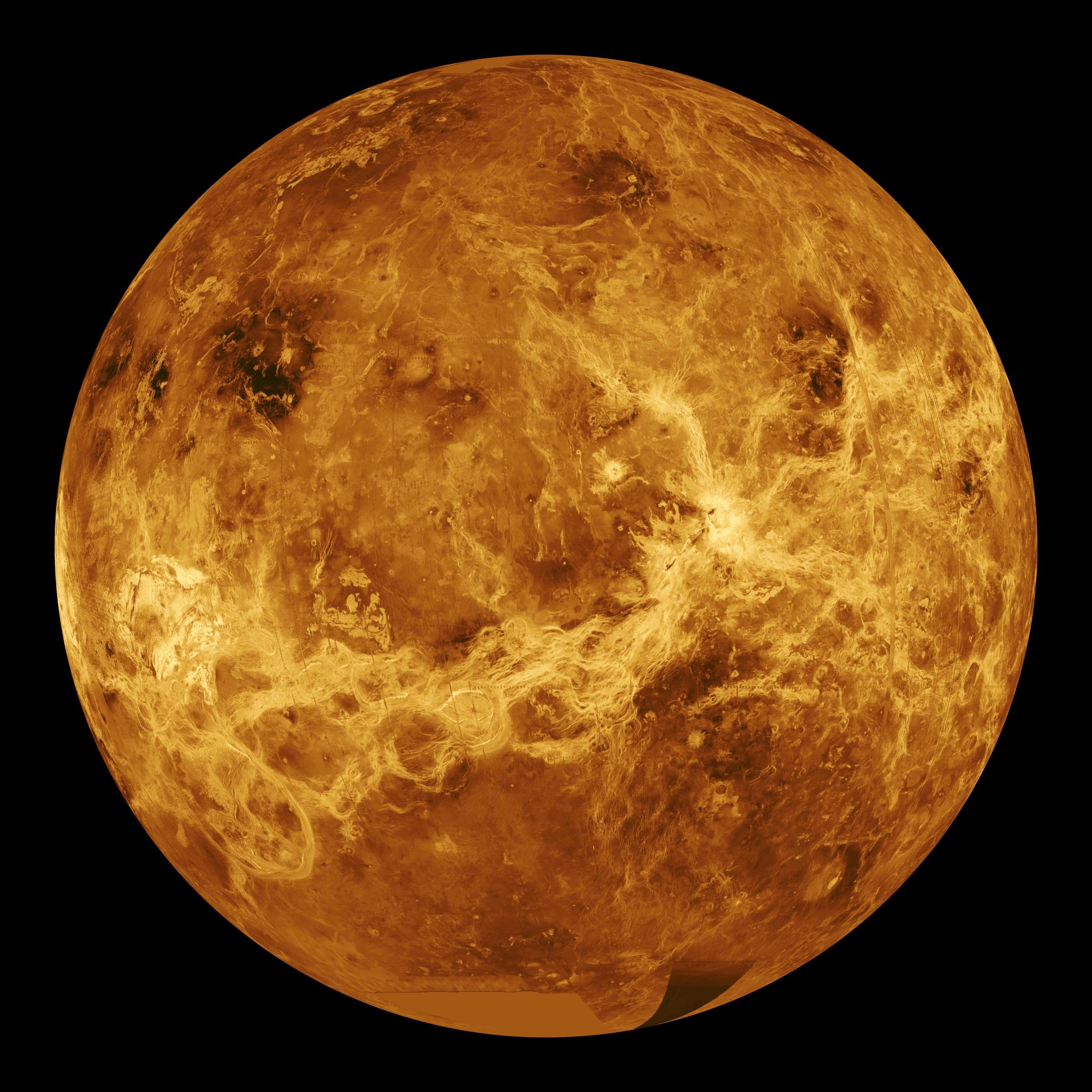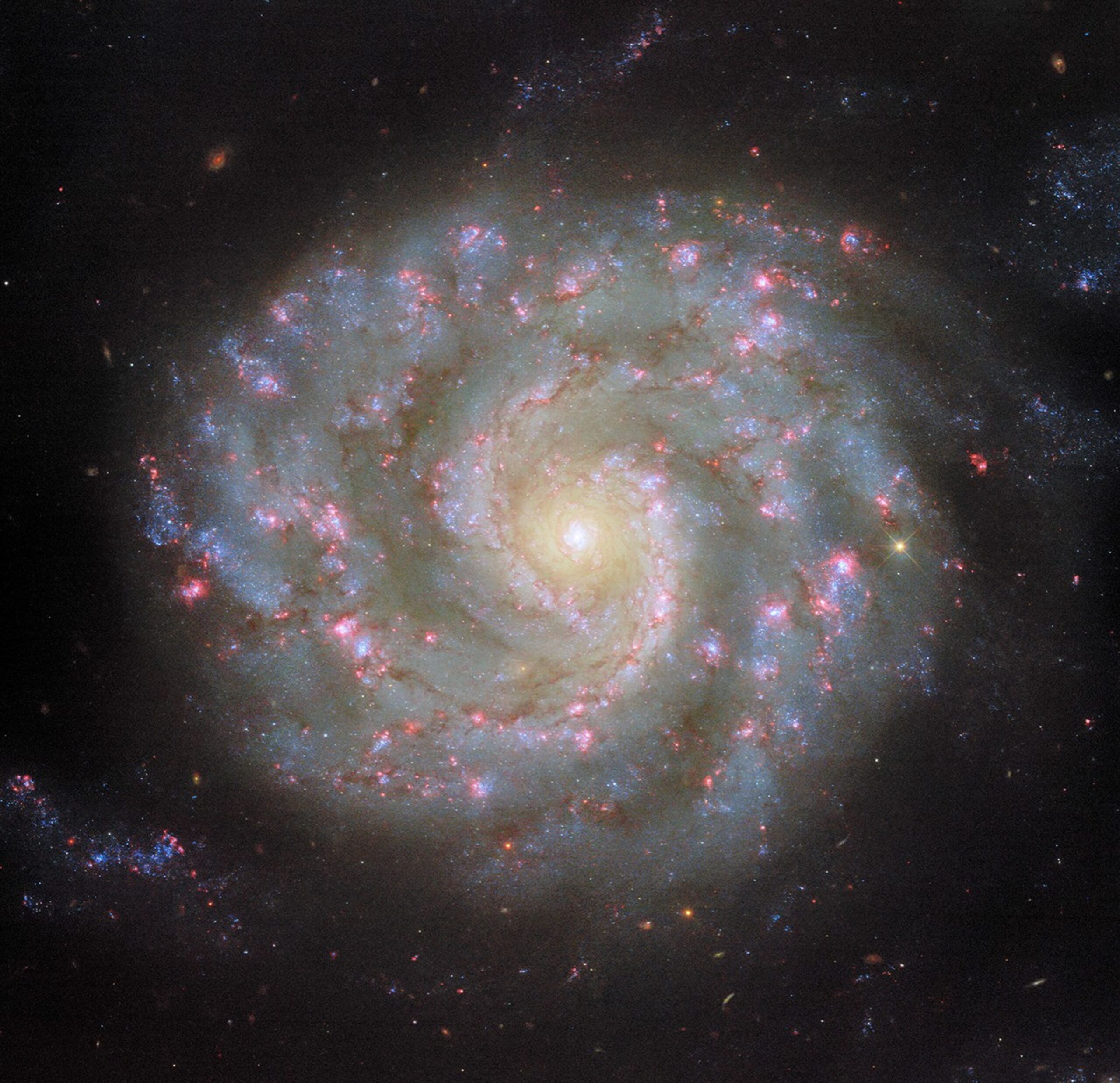SpaceX sent another batch of its Starlink internet satellites to orbit from Florida’s Space Coast this morning (May 10), its second launch in a little over six hours. A Falcon 9 rocket carrying the Starlink spacecraft lifted off from Cape Canaveral Space Force Station today at 2:28 a.m. EDT (0628 GMT). The liftoff followed closely on the heels of another Starlink mission, which launched from California’s Vandenberg Space Force Base on Friday evening (May 9). The Falcon 9’s first stage rests on the deck of a drone ship shortly after…
Read MoreSpaceX Falcon 9 rocket launches Starlink satellites from California, lands on ship at sea
SpaceX kicked off a potentially busy weekend with the launch of a batch of Starlink satellites this evening (May 9) from California. A Falcon 9 rocket launched SpaceX‘s Starlink 15-3 mission from Vandenberg Space Force Base today at 8:19 p.m. EDT (5:19 p.m. local time; 0019 GMT on May 10). The stack of 26 Starlink satellites began their journey into low Earth orbit (LEO) aboard a Falcon 9 first-stage booster designated B1081. This was the 14th launch of B1081, which has supported six previous Starlink missions. Booster 1081 missions The…
Read More25 Years of NASA Student Launch
NASA/Charles Beason Students from the University of Massachusetts Amherst team carry their high-powered rocket toward the launch pad at NASA’s 2025 Student Launch launch day competition in Toney, Alabama, on April 4, 2025. More than 980 middle school, high school, and college students from across the nation launched more than 40 high-powered amateur rockets just north of NASA’s Marshall Space Flight Center in Huntsville, Alabama. This year marked the 25th anniversary of the competition. To compete, students follow the NASA engineering design lifecycle by going through a series of reviews…
Read MoreWhat NASA Is Learning from the Biggest Geomagnetic Storm in 20 Years
6 min read What NASA Is Learning from the Biggest Geomagnetic Storm in 20 Years One year on, NASA scientists are still making huge discoveries about the largest geomagnetic storm to hit Earth in two decades, the Gannon storm. The findings are helping us better understand and prepare for the ways in which the Sun’s activity can affect us. On May 10, 2024, the first G5 or “severe” geomagnetic storm in over two decades hit Earth. The event did not cause any catastrophic damages, but it did produce surprising effects…
Read MoreSols 4534-4535: Last Call for the Layered Sulfates? (West of Texoli Butte, Headed West)
Curiosity Navigation Curiosity Home Mission Overview Where is Curiosity? Mission Updates Science Overview Instruments Highlights Exploration Goals News and Features Multimedia Curiosity Raw Images Images Videos Audio Mosaics More Resources Mars Missions Mars Sample Return Mars Perseverance Rover Mars Curiosity Rover MAVEN Mars Reconnaissance Orbiter Mars Odyssey More Mars Missions Mars Home 2 min read Sols 4534-4535: Last Call for the Layered Sulfates? (West of Texoli Butte, Headed West) NASA’s Mars rover Curiosity acquired this image using its Left Navigation Camera on May 6, 2025 — Sol 4532, Martian day…
Read MoreNASA Kennedy Engages STEM Participants
Students from Eau Gallie High School in Melbourne, Florida, visited the Prototype Development Laboratory at NASA’s Kennedy Space Center in Florida on Monday, April 28, 2025. The science, technology, engineering, and mathematics (STEM) participants are interested in technical trades and had the chance to hear from technicians at the Prototype Development Laboratory who design, fabricate, and evaluate protypes, test articles, and test support equipment. NASA Kennedy’s Office of STEM Engagement provides opportunities to attract, engage, and enable students seeking careers in science, technology, engineering, and mathematics. “My technical training in…
Read MoreMeet Four NASA Inventors Improving Life on Earth and Beyond
3 min read Preparations for Next Moonwalk Simulations Underway (and Underwater) When most people think of NASA, they picture rockets, astronauts, and the Moon. But behind the scenes, a group of inventors is quietly rewriting the rules of what’s possible — on Earth, in orbit, and beyond. Their groundbreaking inventions eventually become technology available for industry, helping to shape new products and services that improve life around the globe. For their contributions to NASA technology, we welcome four new inductees into the 2024-2025 NASA Inventors Hall of Fame A robot for…
Read MoreNASA Study Reveals Venus Crust Surprise
3 min read NASA Study Reveals Venus Crust Surprise This global view of the surface of Venus is centered at 180 degrees east longitude. Magellan synthetic aperture radar mosaics from the first cycle of Magellan mapping are mapped onto a computer-simulated globe to create this image. Data gaps are filled with Pioneer Venus Orbiter data, or a constant mid-range value. Simulated color is used to enhance small-scale structure. The simulated hues are based on color images recorded by the Soviet Venera 13 and 14 spacecraft. NASA/JPL-Caltech New details about the…
Read MoreUsing Our Facilities
NASA’s Glenn Research Center in Cleveland provides ground test facilities to industry, government, and academia specializing in the following: Acoustics Engine Components Testing Full-Scale Engine Testing Flight Research Icing Research Materials and Structures Microgravity Space Power and Propulsion Wind Tunnels Electromagnetic Interference Laboratory Our unique facilities offer superior customer service, flexible scheduling, and state-of-the-art testing capabilities. Facility Request Process Customer contacts the facility manager and/or submits a test request form. See below for the Facility Request Form. The facility manager will contact the customer to discuss the request and obtain…
Read MoreHubble Comes Face-to-Face with Spiral’s Arms
Explore Hubble Hubble Home Overview About Hubble The History of Hubble Hubble Timeline Why Have a Telescope in Space? Hubble by the Numbers At the Museum FAQs Impact & Benefits Hubble’s Impact & Benefits Science Impacts Cultural Impact Technology Benefits Impact on Human Spaceflight Astro Community Impacts Science Hubble Science Science Themes Science Highlights Science Behind Discoveries Hubble’s Partners in Science Universe Uncovered Explore the Night Sky Observatory Hubble Observatory Hubble Design Mission Operations Missions to Hubble Hubble vs Webb Team Hubble Team Career Aspirations Hubble Astronauts News Hubble News…
Read More